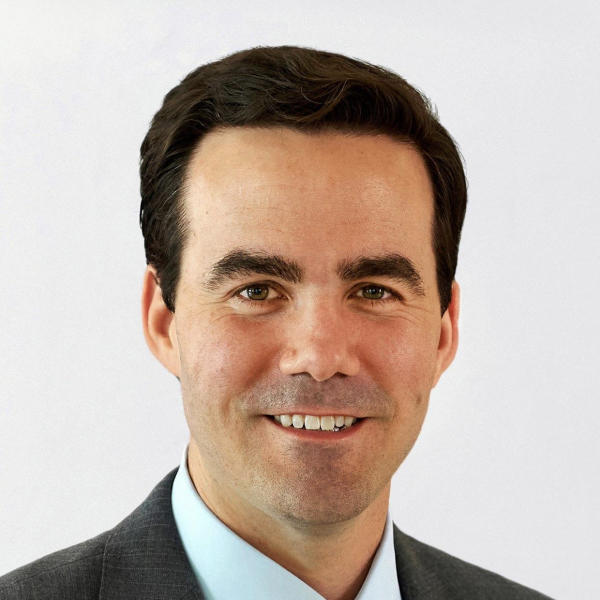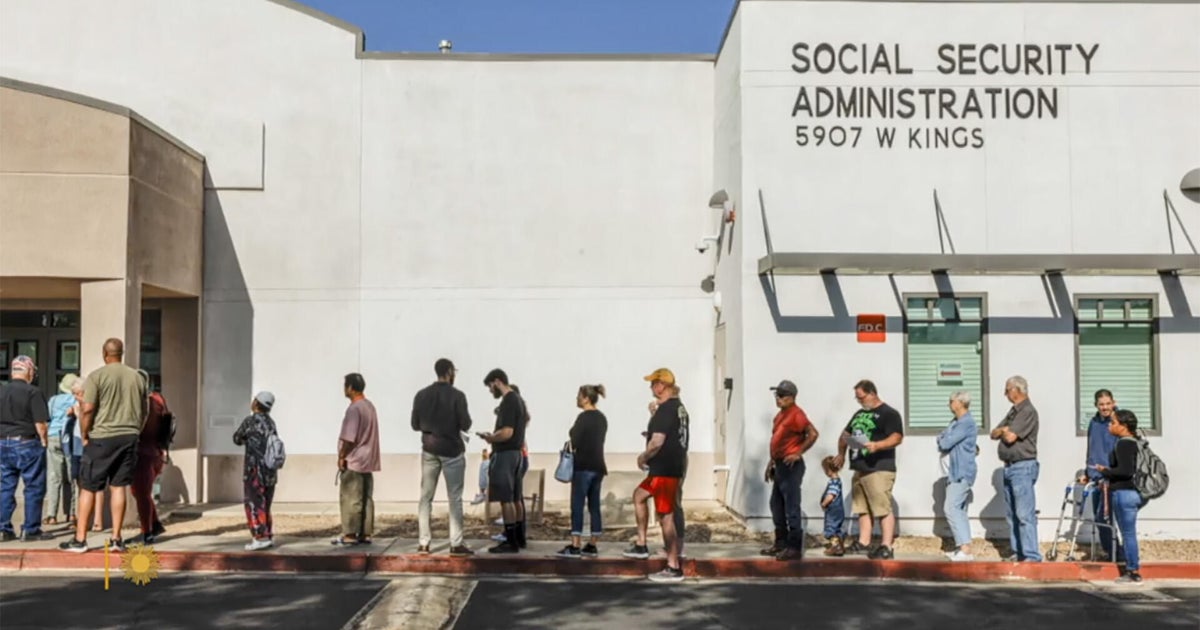AARP and the business of an aging audience
Drew Barrymore is beloved for her youthful energy. She also just turned 50 — and landed on the cover of AARP: The Magazine.
"Everyone keeps telling me that this magical age of 50 is when you really start to let go of things, and I would love that to be true," Barrymore said on the set of her talk show, "The Drew Barrymore Show."
Aging is a tricky business, but it is the business of AARP. The non-profit magazine's readership is staggering: nearly 40 million people. The average issue's audience is the largest for any print publication in America.
"In the magazine, what we're trying to say is, 'We get you,'" said Myrna Blyth, AARP's 86-year-old editorial director. "We're going to talk about things that matter to you, because you matter."
Advertisers and celebrities recognize the power of older Americans.
"How did you get Bob Dylan to be on the cover?" I asked Blyth.
"He called us and asked us," she said. "He called the editor."
In 1958, educator Ethel Percy Andrus founded AARP after growing alarmed about the struggles facing older people. She once said, "We're all growing old at the same rate, and, you know, it's comforting to know that time just can't be managed."
Myechia Minter-Jordan is now the CEO. She said there is "definitely" still a sense of alarm about the state of affairs for older Americans.
"We represent 110 million Americans who are in the 50-plus demographic," said Minter-Jordan. "People are living longer, they're staying in the workforce longer, and so the needs are changing. But the needs are still urgent."
In 1999, AARP stopped being "The American Association of Retired Persons" and became just the acronym. While it is non-partisan, it's not immune from controversy. Over the years, it has been criticized, from the left and right, for its lobbying efforts.
"Our members are most worried about Medicare, Social Security and family caregiving," Minter-Jordan said. "They're very concerned. This is something that people are earning their entire life, they're paying into for Social Security. And they're very concerned about their access to that."
Regarding family caregiving, Minter-Jordan said the magazine has heard "more and more" from people in "the sandwich generation," who simultaneously take care of younger children and their aging parents, and deal with the financial hardships that can bring.
As for the future, it's about welcoming new generations. And Drew Barrymore is excited about everything to come.
"I had never thought about the concept of retirement," Barrymore said. "Because I started working at 11 months old, and I'm still working, I've never known what life is like without that. So, it seems like an exciting prospect, but things are so good right now that I don't want to be un-appreciating everything that's happening in my life right now."
Although Barrymore doesn't expect to retire any time soon, she added, "it's something that I get excited about dancing with in some ballroom one night, like this new stranger will walk in and sweep me off my feet and his name will be, Retirement."





